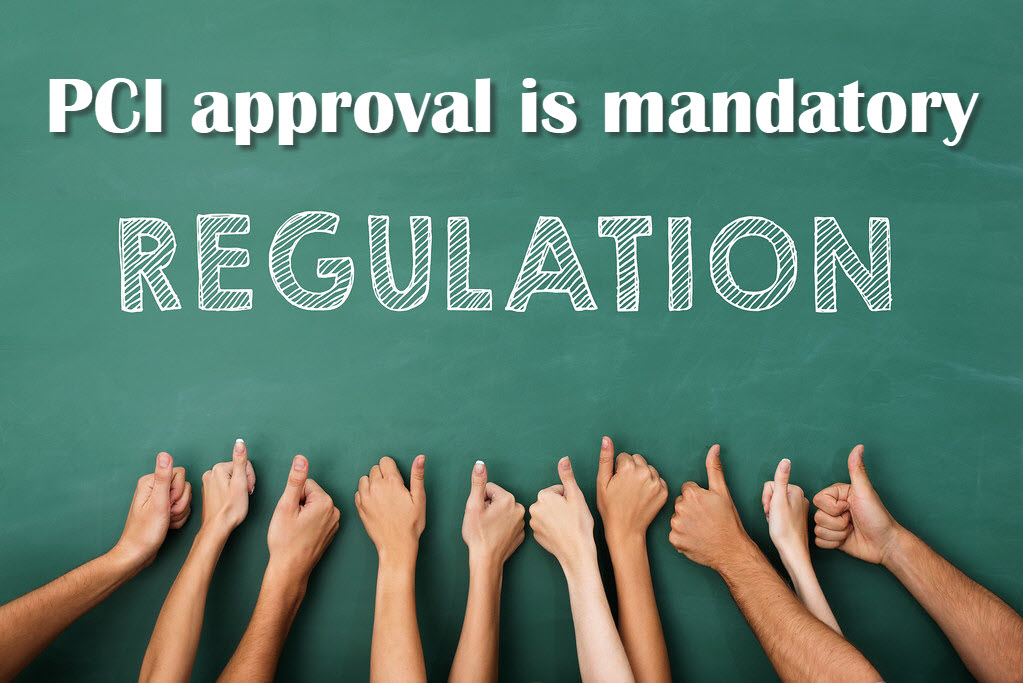
Pharmacy council of India (PCI) must be given the power to regulate in the field of pharmacy but not All Indian Council of Tech nical Education (AICTE) stated by the Honorable Supreme Court (SC) in a hearing where PCI and AICTE disputed over admission approval for various pharmacy colleges in India.
SC noted that, As per the Preamble of the Pharmacy Act, 1948, the Pharmacy Act has been enacted to make better provision for the regulation of the profession and practice of Pharmacy and for that purpose to constitute Pharmacy Councils. If we consider the relevant provisions of the Pharmacy Act, it covers all areas inclusive of approval of courses, laying down course content, eligibility conditions for students as well as teachers, evaluation of standards of examination, grant of registration, entry of higher qualification, taking action for any infamous conduct etc.
The Honorable Supreme Court (SC) of India said that, "Considering the various provisions of the Pharmacy Act and the regulations made therein, it can be said that the Pharmacy Act is a complete Code in itself in the subject of pharmacy. The PCI has been constituted as a body empowered to regulate the education and profession of pharmacy in India. It cannot be disputed that the subject of pharmacy is a special and not a general subject. From the relevant provisions of the Pharmacy Act, more particularly, the provisions referred to hereinabove, the Pharmacy Act exclusively covers all areas inclusive of approval of courses, laying down course content, eligibility conditions for students as well as teachers, evaluation standards of examination, grant of registration, entry of higher qualifications in the same discipline, taking action for infamous conduct etc. It also contains a penal provision. Thus, the legislative intent in enacting the Pharmacy Act seems to be to ensure that there is seamless regulation of the profession. To carry out the objective and purpose for enacting the Pharmacy Act, the Legislature has established under the Statute the autonomous statutory authority i.e. Pharmacy Council of India. Thus it can be said that in the field of pharmacy, the Pharmacy Act is a special law."
As per SC, the AICTE Act can be said to be a general law applicable to the technical institutions and technical education. If we consider the Statement of Objects and Reasons for the AICTE Act, it is specifically stated that the AICTE Act was originally set up by a Government Resolution as a National Expert Body to advise the Central and State Government for ensuring the coordinated development of technical education in accordance with the approved standards.
SC also noted that PCI consists of experts in the field of pharmacy and related subjects connected with the education of pharmacy. Therefore, under the statute, specialized persons in the field of pharmaceutical, pharmacy etc. shall be the members of the PCI. And in AICTE only one member would be from the field of pharmacy and that too representative of PCI.
As per SC, under these circumstances, the PCI is the body of experts connected with the subject of pharmacy and related subjects and therefore it will be in the larger interest and more particularly in the interest of education of pharmacy that PCI shall alone have the Jurisdiction in the field of pharmacy, rather than AICTE.
SC also suggested to central government that when the PCI is consisting of the experts in the field of pharmacy and other related subjects, it is in the larger interest in the field of pharmacy that the PCI must be given the power to regulate in the field of pharmacy.
AICTE also stated that, "PCI approval is mandatory for pharmacy institutes. However, interested institutions may obtain AICTE approval."













